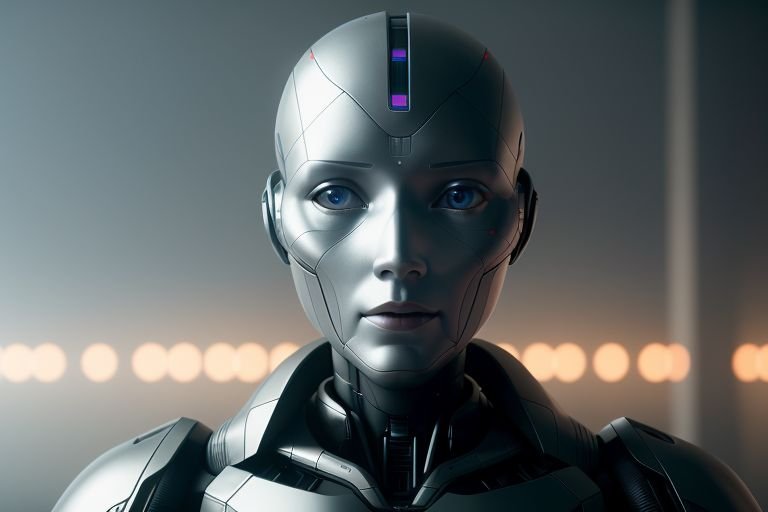
Artificial Intelligence Breakthrough Sparks Ethical Debate
A recent innovation in artificial intelligence (AI) has created a lot of controversy regarding the use of the new age machine learning systems. Scientists from one of the largest high-tech corporations have introduced an AI that can solve moral dilemmas and make moral judgements, which gives rise to the discussion of the impact of artificial intelligence on the society and the dangers of the development of fully autonomous systems.
The new AI system developed by the company is called EthicAI and it has been trained using a large number of philosophical works, legal documents, and actual ethical problems. EthicAI’s developers claim that the tool can reason about situations, take into account different points of view, and make more subtle ethical decisions that often match well the decisions made by human experts.
Supporters of the technology claim that EthicAI could change industries like medicine, law, and public administration and help make decisions with the help of ethical principles. They have in mind AI systems helping human decision-makers to make right decisions in ethical dilemmas, be it in the context of health care resource distribution or criminal justice.
However, there are concerns on the consequences of outsourcing ethical decision making to the machines. They posit that moral reasoning is a part of human being and that no matter how advanced the AI is, it cannot possess the empathy, cultural awareness and real life experience to make ethical decisions. There are also concerns about the possible bias in the training set and the possibility of the model learning and reinforcing prejudices of the society.
It has moved to the political sphere where members of the Congress have demanded that there should be hearings on the effects of AI in ethical decision making. There are those who have called for stringent measures to be taken in the development and use of such systems while on the other hand there are those who fear that stringent measures may hamper the growth of such systems and place their countries at a disadvantage.
Ethicists and philosophers are still pondering on the basic ethical issues that EthicAI presents such as the nature of morality and consciousness. There are those who posit that once an AI system is able to make ethical decisions which are statistically similar to those made by human beings, then it should be accorded ethical consideration. Some people argue that even the best AI is qualitatively different from human beings and should not be accorded the same ethical consideration.
The creation of EthicAI has also brought back the debate of AGI or Artificial General Intelligence which refers to the ability of AI to have human like intelligence across various tasks. EthicAI is still a narrow AI that is designed for ethical decision making but the potential it displays has made some AI experts to think that AGI is near than we could have imagined.
While the debate continues, the tech companies are investing their efforts in creating their own ethical AI systems with possibilities of use in self-driving cars, content moderation in social media among others. This has raised concerns on the need for more openness in AI development as well as the need to set international guidelines and regulatory frameworks.
The EthicAI breakthrough is a clear evidence of the advancement of AI and the social issues it creates. With the advancement in technology, more and more tasks that were earlier considered to be exclusive to human beings are being performed by machines and this has raised some of the most important questions that we have to answer about the nature of intelligence, consciousness and morality.
The following months and years will most probably be characterized by debates and deliberations as to how best to capture the opportunities of ethical AI while minimizing the risks. These debates will not only determine the future of AI and its development, but also the concept of human being in the world with the increasing level of artificial intelligence.


